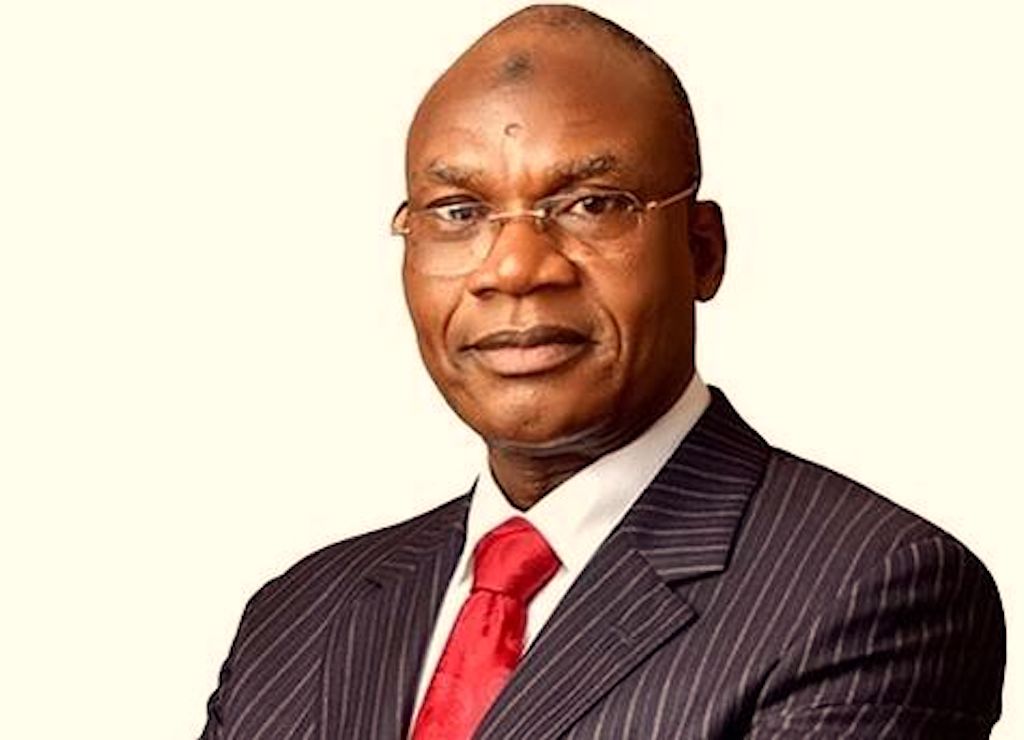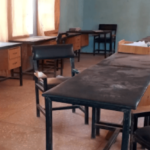In the more than 60 years since independence, Nigeria has been grappling with problems in the education sector. The sector has seen a number of policies that were hardly executed before new ones were introduced. This has left many of the citizens not even having the basic literacy. It has also led to the production of half-baked graduates, which in turn affects developments in other sectors that are expected to drive the nation’s development.
Unfortunately, as we drift further, the problems in the sector have been submerged into what is considered as more important problems facing the nation such as the economy and rising insecurity. Ironically, we have failed to realise that these and many other problems have their source in the decline in the education sector.
Daily Trust welcomes the appointment of Professor Tahir Mamman and Dr Yusuf Sununu to head the Ministry of Education. We believe that they would bring their wealth of experience to bear and ensure necessary reforms that will address the myriads of problems facing the sector.
We wish to, however, point out that the task ahead is not an easy one as the figures available show. According to a report by the National Universal Basic Education Board in January this year, there are at least 10 million out-of-school children, mostly roaming the streets of the major urban centres. Earlier, a report by UNESCO had put the figure at 20 million. This figure is said to be the highest in the world.
The enrolment figure is not much better. A 2019 report by the World Bank says 87.4 per cent of children between six and 11 years are enrolled in primary schools, a decline of seven per cent compared to the figure in 2014. Another report by Education in Nigeria says only 61 per cent of 6–11-year-olds regularly attend primary schools.
Sadly, even those who attend schools do that under difficult conditions with shortage of teachers, classrooms, books and teaching aids in many of our government-owned primary and secondary schools. The situation is further worsened by the insecurity, which saw the targeting of schools and the abduction of students.
The situation is not different in our public tertiary institutions, which also suffer from overcrowding, shortage of qualified manpower and teaching aids. It is common to find over 1,000 students in a lecture theatre in some of our public universities. This is further worsened by incessant strikes by lecturers.
These have left the country with the emergence of private educational institutions, many of whom operate below the required standard due to lack of regulation, further worsening the situation.
These problems point to the stark negligence of successive governments. For example, available statistics showed that in 2021 the federal government allocated only 5.7 per cent of its budget to education. This was marginally increased to 7.2 per cent in 2022 and 8.8 per cent in 2023. This is a far cry from the recommendation by UNESCO that countries should allocate between 15 to 20 per cent of their annual budget to education. We believe the situation is worse at state and local government levels.
It is apparent that the new ministers have a herculean task to turn the tide. However, we believe this is a task that must be accomplished to save the country. Daily Trust believes that the ministers should start from bringing sanity to basic education, which is the first nine years of schooling. This is a critical foundation, which was neglected and has led us to where we are today. We are aware that under the constitution, this level of learning is largely the responsibility of local and state governments. But we believe that the federal government must provide a lead to ensure its revival. It is sad that the window created to provide for more funding of this level of learning, which is through the universal basic education boards at federal and state levels, is riddled with corruption, making it difficult to achieve much. The ministers must ensure judicious use of the grants provided to local and state governments. Aside from funding, the poor quality of education at this level is something Nigeria is contending with. We now have pupils who after primary education cannot write their names. This must be addressed immediately.
Also, we must revert to the objectives of the 6-3-3-4 system. One of the objectives is to provide free and compulsory education for the first nine years to every Nigerian child. This, we must adhere to; to at least, raise literacy level in the country. We must also adhere to its objective of ensuring that every child learns a skill at the end of the first nine years of education. This will assist the country in raising productive citizens who can stand on their own, rather than seeking for non-existent jobs. Countries that excelled did so by giving emphasis to skills acquisition, rather than paper qualification.
The ministers must bring in all states and local government officials to realise the enormity of the situation and the urgent need for reform.
Daily Trust believes that once we could get this right, it will have a positive effect on other sectors, especially security and economy sectors.
We wish both ministers a successful tenure.

 Join Daily Trust WhatsApp Community For Quick Access To News and Happenings Around You.
Join Daily Trust WhatsApp Community For Quick Access To News and Happenings Around You.


